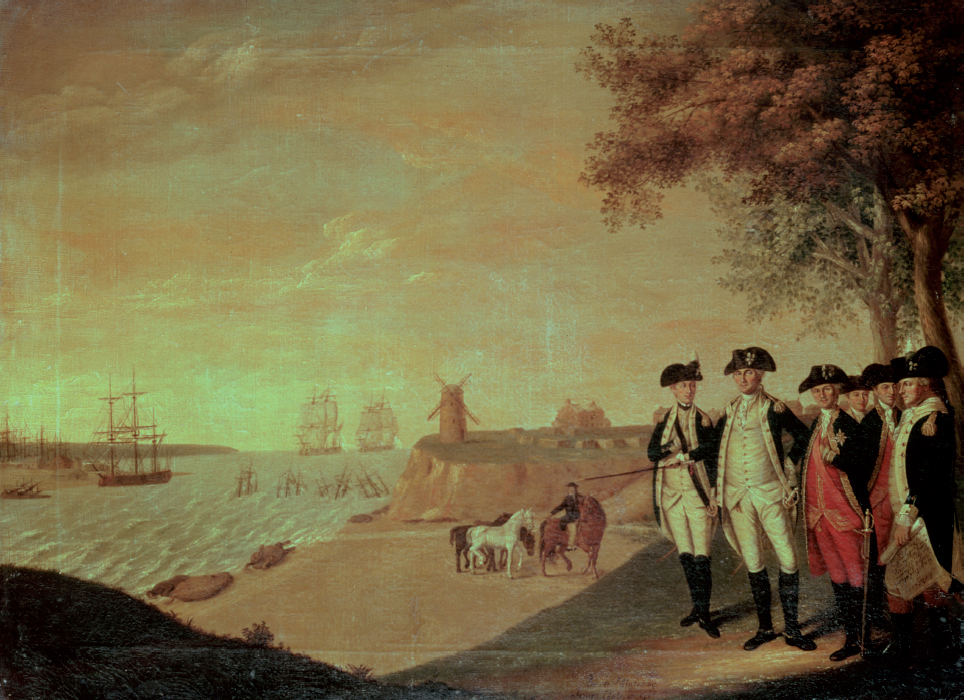France Allies with the Patriots

The Continental Congress considered an alliance with France far more critical to patriot success than the issue of slavery. French financial and military support could aid the patriots immensely, and France’s traditional rivalry with Great Britain made an alliance plausible.
For France, defeat of the British would mean increased trade with North America and redressing the balance of power in Europe, where Great Britain had gained the upper hand since France’s defeat in the French and Indian War. Indeed, in 1775 the French government had secretly provided funds to smuggle military supplies to the colonies. In December 1776, the Continental Congress sent Benjamin Franklin to Paris to serve as an unofficial liaison for the newly independent United States. Franklin was enormously successful, securing supplies and becoming a favorite among the French aristocracy and ordinary citizens alike.
But the French were initially unwilling to forge a formal compact with the upstart patriots. Only when the Continental Army defeated General Burgoyne at Saratoga in October 1777 did King Louis XVI agree to an official alliance. By February 1778, Franklin had secured an agreement that approved trading rights between the United States and all French possessions. France then recognized the United States as an independent nation, relinquished French territorial claims on mainland North America, and sent troops to reinforce the Continental Army. In return, the United States promised to defend French holdings in the Caribbean. A year later, Spain allied itself with France to protect its own North American holdings.
British leaders, infuriated by the alliance, declared war on France. Yet doing so ensured that military conflicts would spread well beyond North America as French forces attacked British outposts in Gibraltar, the Bay of Bengal, Senegal in West Africa, and Grenada in the West Indies. British military expenditures skyrocketed from £4 million in 1775 to £20 million in 1782. Meanwhile, in addition to their attacks on British outposts, the French supplied the United States with military officers, weapons, funds, and critical naval resources. Spain contributed by capturing British forts in West Florida and using New Orleans as a base for privateering expeditions against British ships.
Explore
To read one French volunteer soldier’s experience, see Document 6.4.
Faced with this new alliance, Britain’s prime minister, Lord North (1771–1782), decided to concentrate British forces in New York City. This tactic forced the British army to abandon Philadelphia and return the city to patriot control in the summer of 1778. For the remainder of the war, New York City provided the sole British stronghold in the North, serving as a supply center and prisoner-of-war camp. At the same time, the American cause gained the support of the French navy, a critical addition given the limited state of American naval forces.